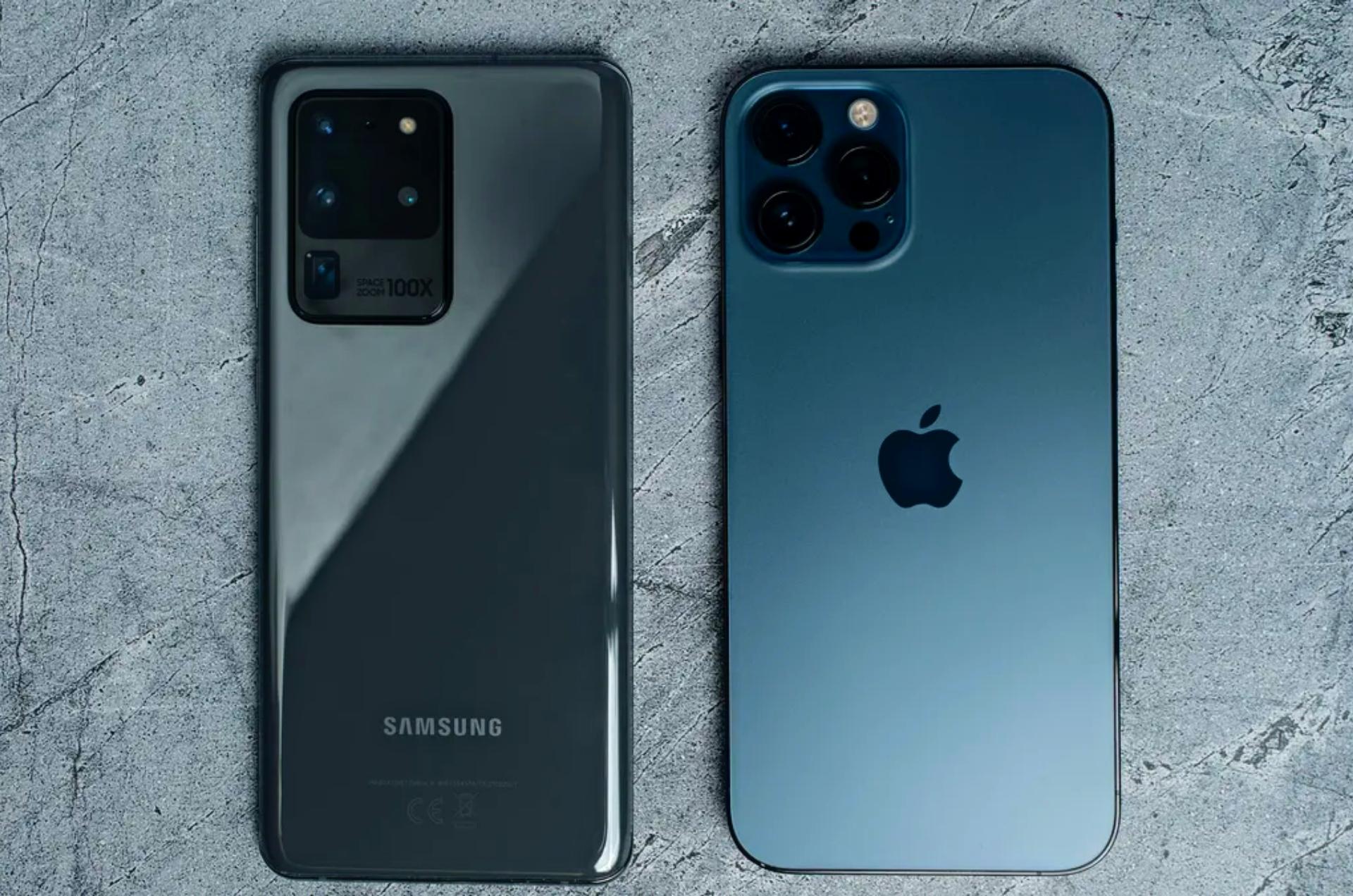It’s no secret that the iPhone and Android platforms have different features and functionality. But which one is right for you? That depends on various factors, like your budget, what features are most important to you, and the features you need support.
There are an estimated two billion Android devices worldwide, and the number is increasing. Android has a wide range of devices to choose from, making it an excellent choice for consumers who want to get a phone that best fits their needs and preferences. On the other hand, iPhone users enjoy a more limited selection of phones. Still, most iPhone models offer the same quality, performance, and features as the latest Android models. Some iPhone users prefer the small screen of the iPhone, while others like the larger screens of Android phones. Some prefer the iOS operating system, while others like the more customizable Android.
Apple and Android users have a lot of passionate feelings about which mobile platform is better. Each side is quick to point out the pros of their platform, but it can be hard to find out what the truth is. Luckily, we’ve done the research and testing, so you don’t have to. Here’s everything you need to know to help you decide which phone is best for you.
Android vs iOS customization
Android and iOS offer a wide range of features that allow you to customize your phone to meet your specific needs and interests. But the two platforms have distinct strengths that make them better for specific uses. Android users enjoy a more customizable operating system, giving you much more control over the look and feel of your phone. Android users can personalize their phones to fit their needs and interests better.
One of the most significant advantages of Android is that you can customize your phone to make it work the way you want it to. You can change the look and feel of the operating system, change the available features, and even change the operating system altogether. This gives you a lot of control over how your phone works, which is excellent if you want to make it work the way you want it to. On the other hand, iOS is much more limited in customization. iOS, on the other hand, offers a far less customizable interface, making it difficult for users to change certain aspects of their phone’s appearance or behavior.
Android vs iOS privacy
One of the biggest concerns about smartphones is the level of privacy that they offer. You never want your personal information to be at risk, so knowing which platform offers the most privacy is essential. Android and iOS both offer a variety of features that help protect your privacy, but the two platforms have several distinct strengths. iPhone users enjoy a much greater degree of privacy than Android users, thanks to several unique iPhone features that help protects your privacy.
When it comes to the level of privacy offered by the operating system on your phone, iPhone is the winner. iPhone offers two major privacy features that Android phones users don’t have: a preinstalled VPN app and end-to-end encryption for all data on your phone. The preinstalled VPN app, also known as a root certificate, helps protect your privacy by allowing you to encrypt all traffic to and from your phone.
It offers several advanced security features that help protect your privacy, including the ability to encrypt your phone’s data so that no one, not even Google, can access your personal information without your permission. iPhone also offers a variety of privacy-focused apps that give you even more control over your privacy, including the ability to block certain app features that may be causing you harm.
Apple vs Android ecosystem
Which platform offers the best ecosystem? One of the biggest concerns about smartphones is the level of support that the operating system offers for other apps and services. You want your phone to work with apps you use daily, so it’s essential to know which platform offers the best ecosystem. Android and iOS both offer several unique ecosystem features that help support apps and services available on that platform.
The most significant difference between Android and iOS is each operating system’s level of access to apps and services. Apple keeps iOS users locked down when accessing apps and services while giving Android users much more access to the apps and services they prefer. Android users can access a much more extensive selection of apps and services than iPhone users, so many people prefer Android. On the other hand, iOS limits the access that apps have to data on your phone, which is another reason many users prefer iOS.
If you’re looking for a phone that gives you access to many apps, then an Android phone is likely to be a good choice. iPhone users enjoy a much greater degree of access to quality apps and services than Android users, thanks to the popularity of the Apple ecosystem. iPhone users are much more likely to find high-quality apps and services designed to work best on the iPhone, which is why so many iPhone users rely on the Apple ecosystem.
Closed vs open systems in Android and iPhone
In a closed system, the apps and services available to users have been explicitly created and curated by the company that makes the device. In an open system, the ecosystem of apps and services exists independently of the device. While the device makers can influence the ecosystem in specific ways, they generally don’t have total control.
Apple’s closed system offers a minimal number of apps and services. Apple tightly controls apps and services, and the number of apps and services available for iOS is often smaller than what is available on Android.
Android is open-source software, which means it’s available to anyone who wants to use it. This openness means that Android is far more accepting of alternative applications, which is one of the reasons Android is a far more diverse ecosystem than iOS. To encourage even more innovation in the Android ecosystem, Google routinely releases the source code for Android, which allows developers to modify and create their versions of Android. This openness has led to the creation of a wide variety of different versions of Android, which varies significantly from phone to phone.
Conclusion
The Android or iPhone debate has raged for years. But which mobile operating system should you choose? It all depends on what you want to use your phone for. We have gone through the pros and cons of each platform, but the choice usually comes down to personal preference.
Which is better for you? The answer to this question depends on what you want to use your phone for. Android and iPhone offer a wide range of features, and it’s hard to find a phone that matches all of your needs. But the two platforms have distinct strengths that make them better for specific uses.











